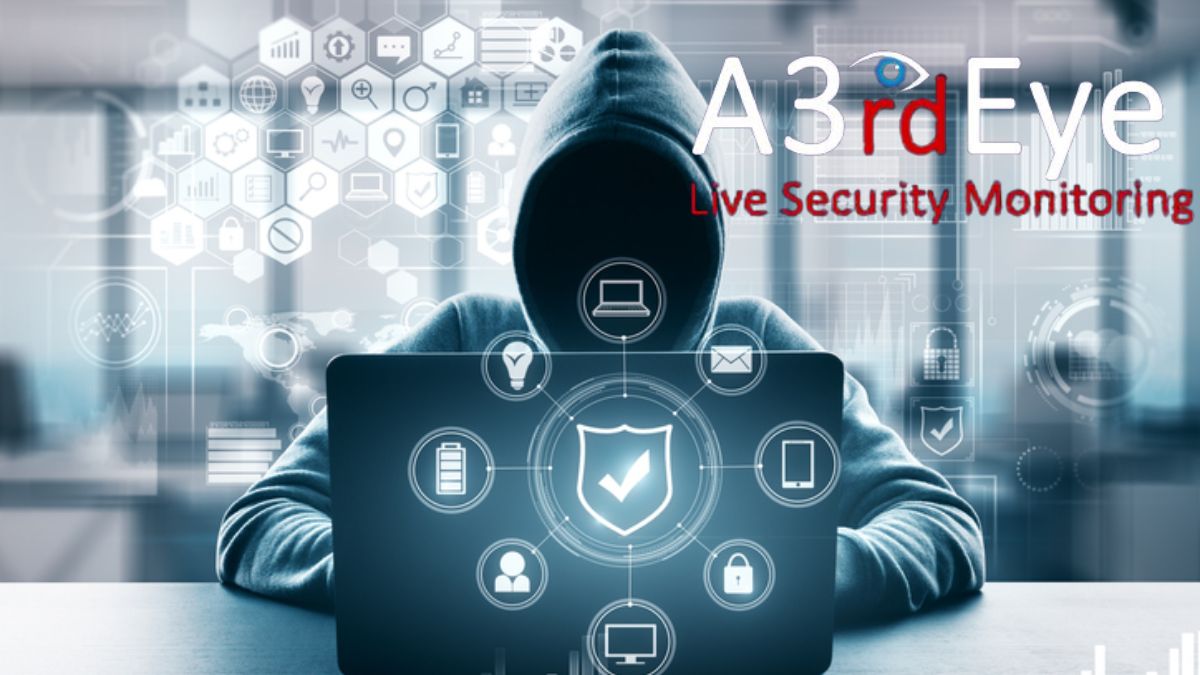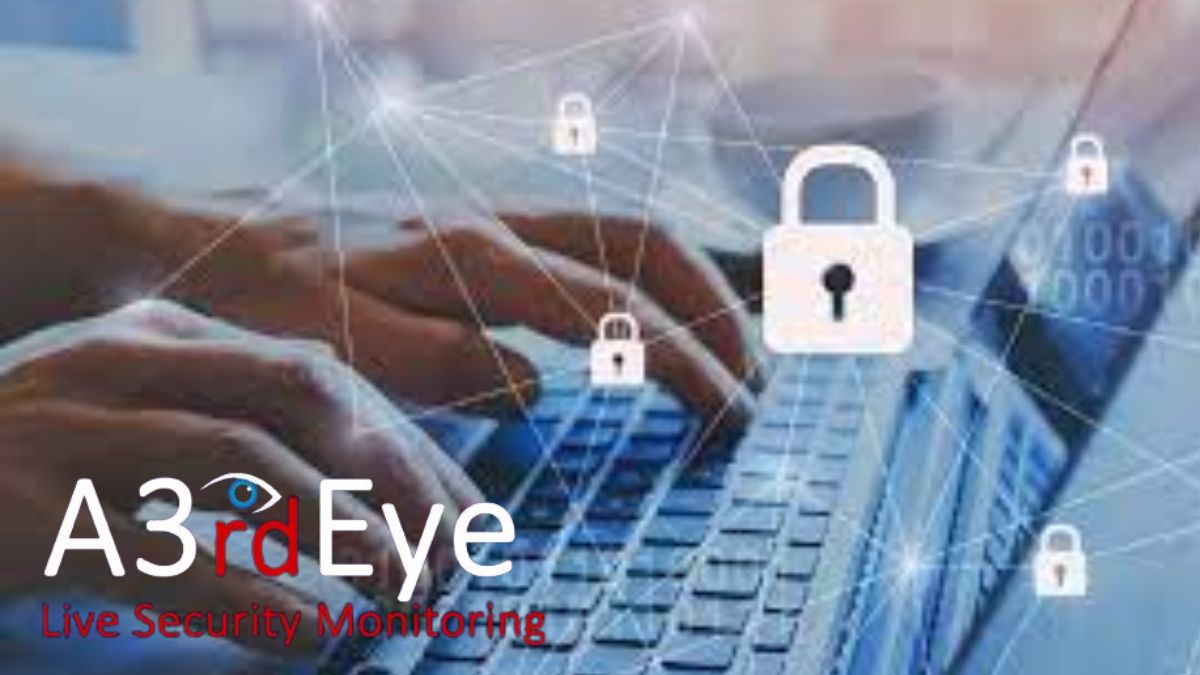
Director of Security Jobs: Safeguarding Organizations
Director of Security Jobs Safeguarding Organizations has grown in a world where sophisticated security threats are becoming more commonplace. Professionals in this field are accountable for the security of an organization’s property, personnel, and data. The article delves into the duties, requirements, job prospects, and difficulties of being a director of security.
A Director of Security’s Duties
A Director of Security is the highest-ranking member of an organization’s security team. To reduce vulnerabilities and protect the company’s assets, it is their job to devise and implement comprehensive security measures. To ensure the safety of everyone, these experts collaborate closely with upper management, law enforcement, and other groups.
Competencies and Prerequisites
Qualifications in education, experience, and particular abilities are all necessary for success in the role of Director of Security. While a bachelor’s degree is not always required, it is generally desirable in fields such as criminal justice, security management, and related fields. Credibility can also be increased through the attainment of credentials like the Certified Protection Professional (CPP) or the Certified Information Systems Security Professional (CISSP).
The ability to lead, the ability to communicate effectively, and the ability to think critically are all essential talents. Risk assessment, crisis management, and technological awareness are all important skills for directors of security to have. They should also be well-versed in the regulatory and legal frameworks that apply to their particular field.
Duties and Obligations
Managers of security in a business have many important responsibilities. Policies, procedures, and protocols for security are developed under their watchful eye. They analyze potential threats, locate potential weak spots, and suggest fixes. These experts oversee the management of security staff, the development of training programs, and the observance of all applicable rules and regulations. In addition, they forge connections with third parties such as government agencies and private security firms.
The Role of Security Procedures in Contemporary Businesses
Threats to security come in many forms in today’s interconnected world, from the digital to the physical to internal theft. A company’s reputation, assets, and confidential information are all in the hands of the Director of Security. They instill trust and confidence among their staff, clients, and other stakeholders by instituting stringent security procedures.
Companies and Markets Recruiting Safety and Security Heads
There is a significant need for directors of security in several fields. Institutions including government agencies, banks, hospitals, medical centers, tech firms, and large corporations place a premium on safety and security. In addition, industries including transportation, energy, and communications rely on the services of seasoned security experts to keep their operations safe.
Possibilities for Advancement and Career Development
Aspiring professionals can look forward to bright futures in the security industry. Individuals can enter the security field as an officer or expert and work their way up to positions of greater responsibility and authority, such as Director of Security. The need for trained security personnel is projected to rise as more businesses realize the value of preventative measures. Experts in cybersecurity and other areas of technology are also in high demand in the modern online economy.
Challenges Director of Security Roles Must Confront
In their positions, Directors of Security face a wide range of difficulties. Among the usual difficulties is keeping up with the ever-changing security risks, working within limited financial resources, and striking a balance between security and operational efficiency. Continuous learning and adaptability are also necessary for maintaining efficient communication with stakeholders, ensuring employee compliance with security measures, and keeping up with developing technologies.
Security Industry Predictions for the Future
To keep up with new dangers, the security sector is always developing new methods. One of the developments that is having an impact on the future of security is the rising use of AI and ML in the detection and analysis of threats. Organizational security is likely to be greatly aided by developments in biometric authentication, state-of-the-art video surveillance systems, and cybersecurity. Directors of Security need to keep up with these developments so they can better protect their organizations.
Conclusion
Organizations require trustworthy executives to safeguard their data in this increasingly dangerous world. It is the responsibility of the Director of Security to protect the assets, people, and data of an organization from harm. Those that are qualified, skilled, and dedicated to the subject of security can expect to find promising job opportunities as the need for qualified personnel increases.
What are the prerequisites for working as the Director of Security?
Directors of Security typically hold a bachelor’s degree in security management, criminology, or a closely related profession. Credibility can also be increased through the attainment of credentials like the Certified Protection Professional (CPP) or the Certified Information Systems Security Professional (CISSP).
What kinds of companies need a Director of Security?
Directors of Security are sought after by businesses of all sizes and in a wide range of sectors, from governmental to financial to healthcare to technological to multinational. Experienced security personnel are needed in a variety of critical infrastructure fields, including transportation, energy, and communications.
describe the key functions of a Director of Security.
Directors of Security are accountable for the creation and execution of security plans, the execution of risk assessments, the management of security staff, the development of partnerships with external partners, and the maintenance of legal and regulatory compliance.
What difficulties do security directors face?
Staying ahead of ever-evolving security threats, balancing security measures with operational efficiency, and adapting to new technology are just a few of the problems faced by directors of security.
What do you predict will be the next big thing in the security sector?
Artificial intelligence, machine learning, biometric authentication, state-of-the-art video surveillance systems, and cybersecurity advancements are all expected to see increased usage in the security business in the near future.

Director of Security Jobs Safeguarding Organizations

